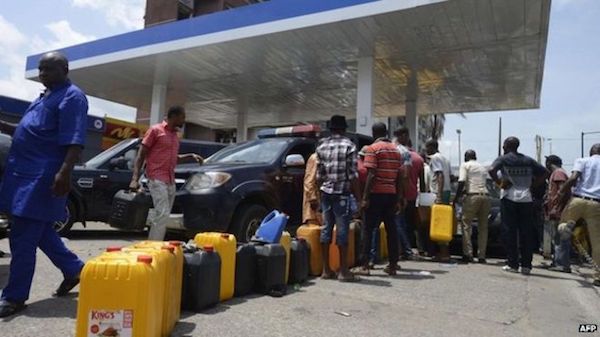In a bold move by President Bola Tinubu, the decision to remove fuel subsidy by the end of June has triggered mixed reactions and market uncertainties in Nigeria. While the government aims to redirect funds towards public infrastructure, education, healthcare, and job creation, some industry stakeholders have expressed concerns about potential inflation and hardships for the masses.
The Independent Petroleum Marketers Association of Nigeria (IPMAN) has voiced its opposition to the subsidy removal plan. Chief Ukadike Chinedu, the National Public Relations Officer of IPMAN, emphasized the need for dialogue with marketers before implementing such a significant change. IPMAN believes that fixing the country’s refineries should take precedence over removing subsidies to avoid exacerbating inflation and causing further hardship for the people.
On the other hand, the Major Oil Marketers Association of Nigeria (MOMAN) maintains its position that fuel subsidy should come to an end. Clement Isong, the Executive Secretary of MOMAN, highlighted the economic potential of redirecting the substantial subsidy funds towards sustainable programs that could contribute to the country’s growth.
Amidst these debates, fuel queues have resurfaced in various parts of the country, including Abuja, Lagos, and some states. Motorists rushed to filling stations to ensure they could secure petrol at the current price, fearing a potential price hike once the subsidy is removed. Reports suggest that queues formed as motorists sought to take advantage of the current lower prices before any potential increase.
The market reaction reflects the mixed sentiments and uncertainties surrounding the removal of fuel subsidies. While the government aims to reinvest the funds for the betterment of the nation, concerns about inflation, hardships for the masses, and the state of Nigeria’s refineries persist. As the new administration settles in, it is crucial to monitor how these policies unfold and the impact they will have on the economy and the daily lives of Nigerians.









